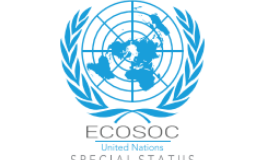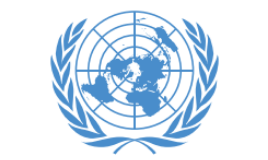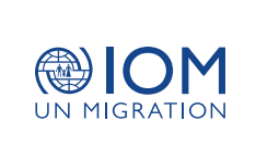Qatar charity provides vital support to cholera patients in Yemen

11/28/2024 | Media Center

Generous donations from Qatar’s philanthropists to Qatar Charity have significantly alleviated the suffering of thousands of Yemeni patients, particularly those suffering from cholera, including children and women from displaced families and local communities. These efforts have been highly praised by both the beneficiaries and the relevant health authorities.
These donations have provided vital humanitarian support to healthcare facilities in Yemen, especially to centers focused on treating waterborne diarrhea and cholera in the governorates of Hajjah, Al Hudaydah, Ibb, Amran, and Taiz. It is expected that 7,300 people affected by the epidemic will benefit from this assistance.
This support was provided by Qatar Charity in response to humanitarian appeals from the Yemeni health sector, requesting the delivery of medicines and medical supplies to health facilities in the targeted areas. Nearly 9 million people in these areas suffer from a severe lack of basic health services.
The support included the provision of intravenous fluids and emergency medications to treat cholera patients to improve overall health conditions and reduce the suffering of internally displaced persons (IDPs) and affected communities.
The support was praised by local authorities. Dr. Abdulrahman Ahmed Saleh, Director General of Taiz Health Office, stated, "We commend Qatar Charity's assistance and consider it a strategic partner for the health sector.” He highlighted its role in strengthening healthcare facilities' ability to treat cholera patients. He revealed that the number of confirmed cholera cases had exceeded 6,700, with an increasing number of deaths recorded.
Dr. Shaheed Al-Amiri, the technical director of the Republican Hospital in Taiz, explained that the second cholera wave this year saw a significant rise in cases, with 1,500 cases recorded in September alone. He praised Qatar Charity's humanitarian role in easing the pressure on healthcare facilities in the governorate.
Abdulrahman Hassan, a beneficiary of the project, expressed his gratitude to the donors from Qatar for providing free medications that eased the suffering of displaced and affected individuals in the targeted areas.
A recent UNICEF report highlighted the ongoing cholera crisis in Yemen, noting that there have been around 220,000 cholera cases since the beginning of 2024. The report also emphasized that the governorates of Al Hudaydah, Hajjah, Dhamar, and Taiz are among the worst affected by the disease.
The ongoing crisis in Yemen since 2015 has severely impacted the country's healthcare system. This includes the disruption of salaries for public sector employees, including healthcare workers, and the rising cost of medical treatments. Additionally, climate conditions and contaminated water sources have contributed to the widespread outbreak of waterborne diseases like cholera and diarrhea, significantly increasing the mortality rates linked to these illnesses.









